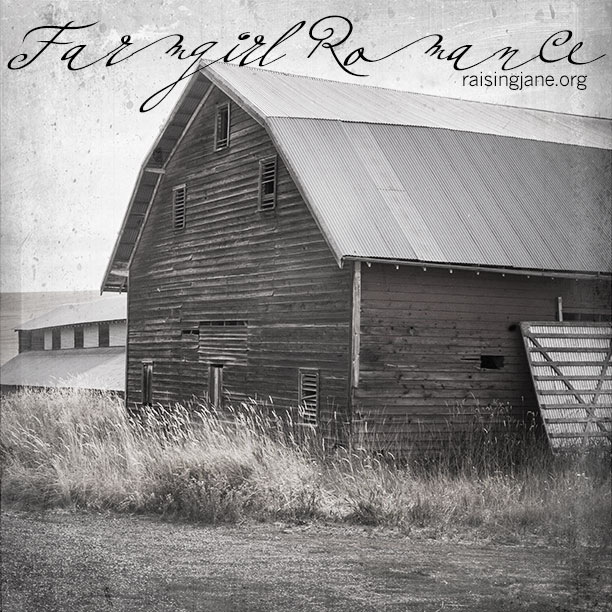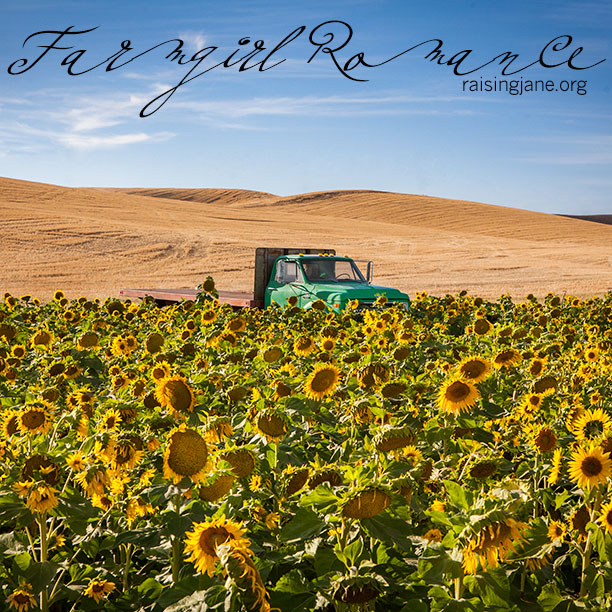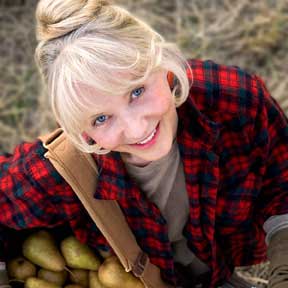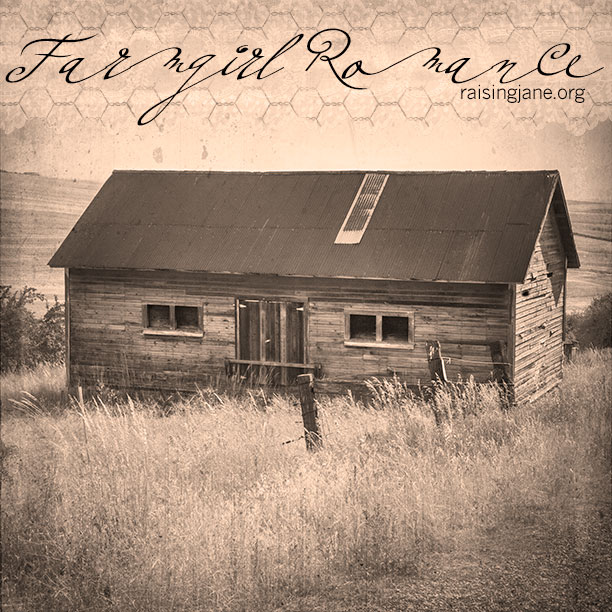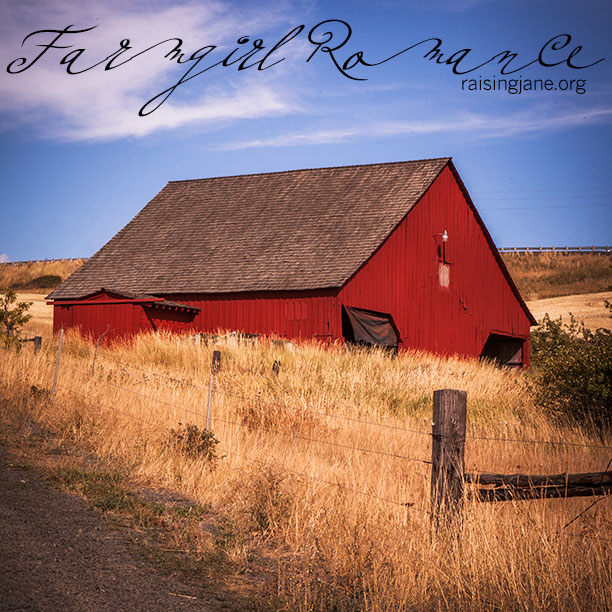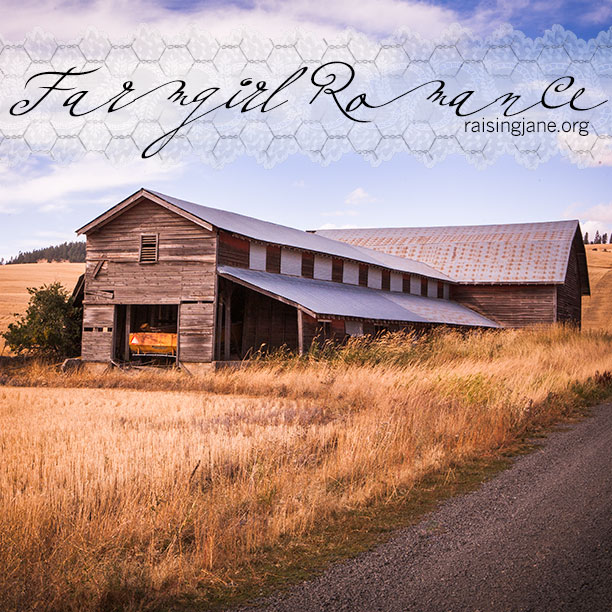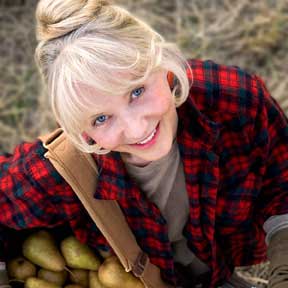While working on a recent issue of our magazine, we ran across the word “syllabub.” No, not like, “Hey bully boy bubba, how many syllabulls do you think this word has?” but more like “My favorite part of the Thanksgiving meal is the traditional syllabub.”
sil–uh-buhb
noun
From the Oxford English Dictionary:
A drink or dish made of milk (freq. as drawn from the cow) or cream, curdled by the admixture of wine, cider, or other acid, and often sweetened and flavoured.
A later variation, known as an Everlasting Syllabub, adds a stabilizer such as gelatin or corn starch.
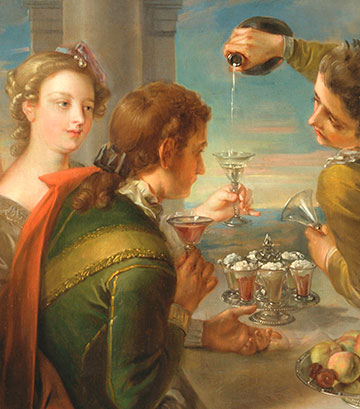
detail, “The Sense of Taste” by Philip Mercier (circa 1689-1760)
“Lemon Syllabub”
from The Experienced English Housekeeper, by Elizabeth Raffald, London 1784
Put a pint of cream to a pint of white wine, then rub a quarter of a pound of loaf sugar upon the out rind of two lemons, till you have got out all the essence, then put the sugar to the cream, and squeeze in the juice of both lemons, let it stand for two hours, then mill them with a chocolate mill, to raise the froth, and take it off with a spoon as it rises, or it will make it heavy, lay it upon a hair sieve to drain, then fill your glasses with the remainder, and lay on the froth as high as you can, let them stand all night and they will be clear at the bottom.~
Wine pudding? Not so sure about that. And I’ve mislaid my hair sieve …
But leave it to my favorite British cook, Nigella Lawson, to provide us with a very yummy-sounding modern adaptation, Turkish Delight Syllabub, that uses orange liqueur instead, topped with pistachios. That’s something I could wrap my spoon around! Now, if only I can get Sally O’Malley to draw me a picture and figure out what an admixture is!

Nigella Lawson, Turkish Delight Syllabub
